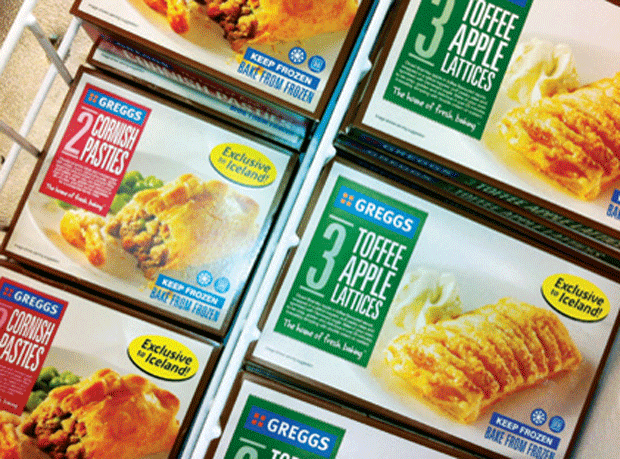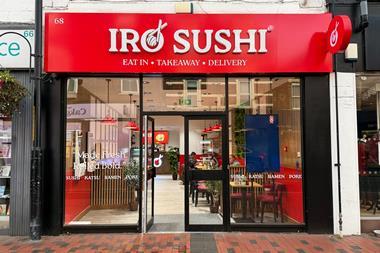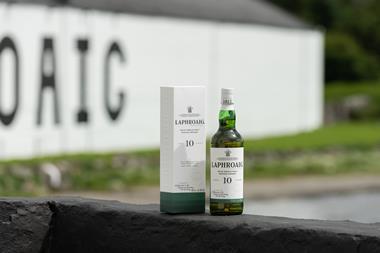Declining sales forced Greggs to issue a profit warning this week that wiped £62m off the value of the high street baker.
Greggs warned on Monday its full-year profits would be “slightly below” the lower end of analyst expectations. It made the admission after reporting a 4.4% drop in sales for the 17 weeks to 27 April. The news sent the shares tumbling 8.6% on the day to 422.7p, and they continued to fall to 400p by Thursday morning.
Fewer people on the high street - especially in Greggs’ heartlands of Northern England and Scotland - has made life tough for the retailer.
But analysts said it was unclear whether the company’s performance was down to the current climate, or longer-term issues. “There is a lot of uncertainty about where the company is going and the state of the high street - whether its issues will prove to be more structural or cyclical,” said Shore Capital analyst Clive Black.
Imperial Tobacco also had a week to forget. The company reported its first fall in half-year profits for 17 years, after cigarette volumes in its core European market fell. Pre-tax profits dropped by about a fifth to £849m in the six months to 31 March.
Imperial Tobacco chief executive Alison Cooper called it “a tough set of results”. But shares held steady, closing a fraction up at £23 on Tuesday, having fallen from more than £25 in December.
Although there is little sign of a recovery in volumes, analysts said an investment case for Imperial Tobacco remained.
“That Imperial Tobacco is going through a trough in fortunes is unarguable. But so is the share price. And with the cash and return fundamentals so strong, it shouldn’t take too much top line pep to get the shares re-rating,” said Investec analyst Martin Deboo.
This week’s news from pork giant Cranswick was more positive. On Tuesday, it acquired pig breeder East Anglian Pigs, marking its first move into pig production. The shares rose a fraction to £10.57.
“The acquisition helped guarantee the supply of high welfare British reared pigs for its key UK customers at a time when consumers are becoming increasingly aware of food provenance,” said Panmure analyst Damian McNeela.
Sign in to comment on this article
Not logged in before? Register for FREE guest access today.
You will be able to:
- Read more stories
- Receive daily newsletters
- Comment on stories
Advert



















No comments yet